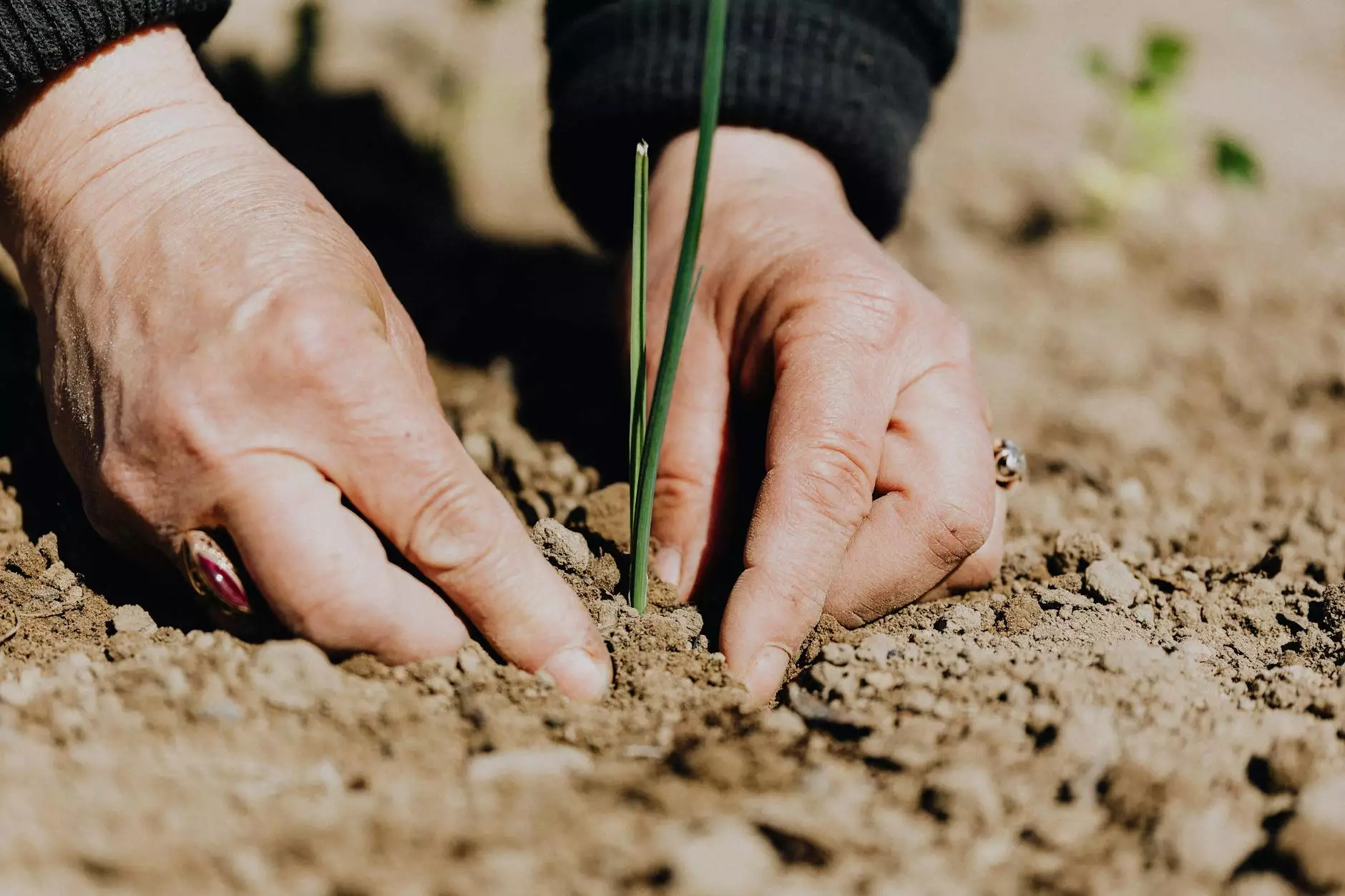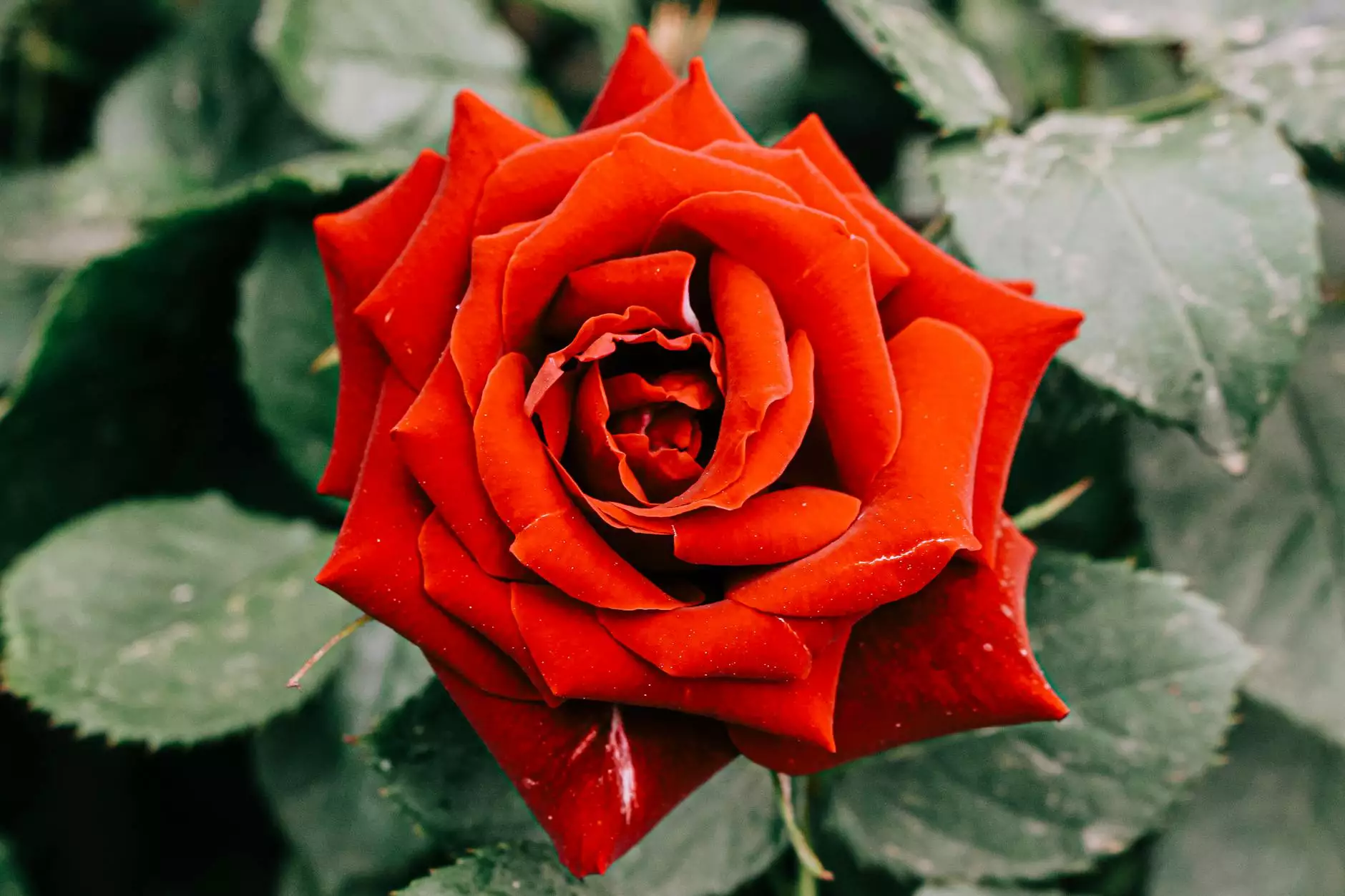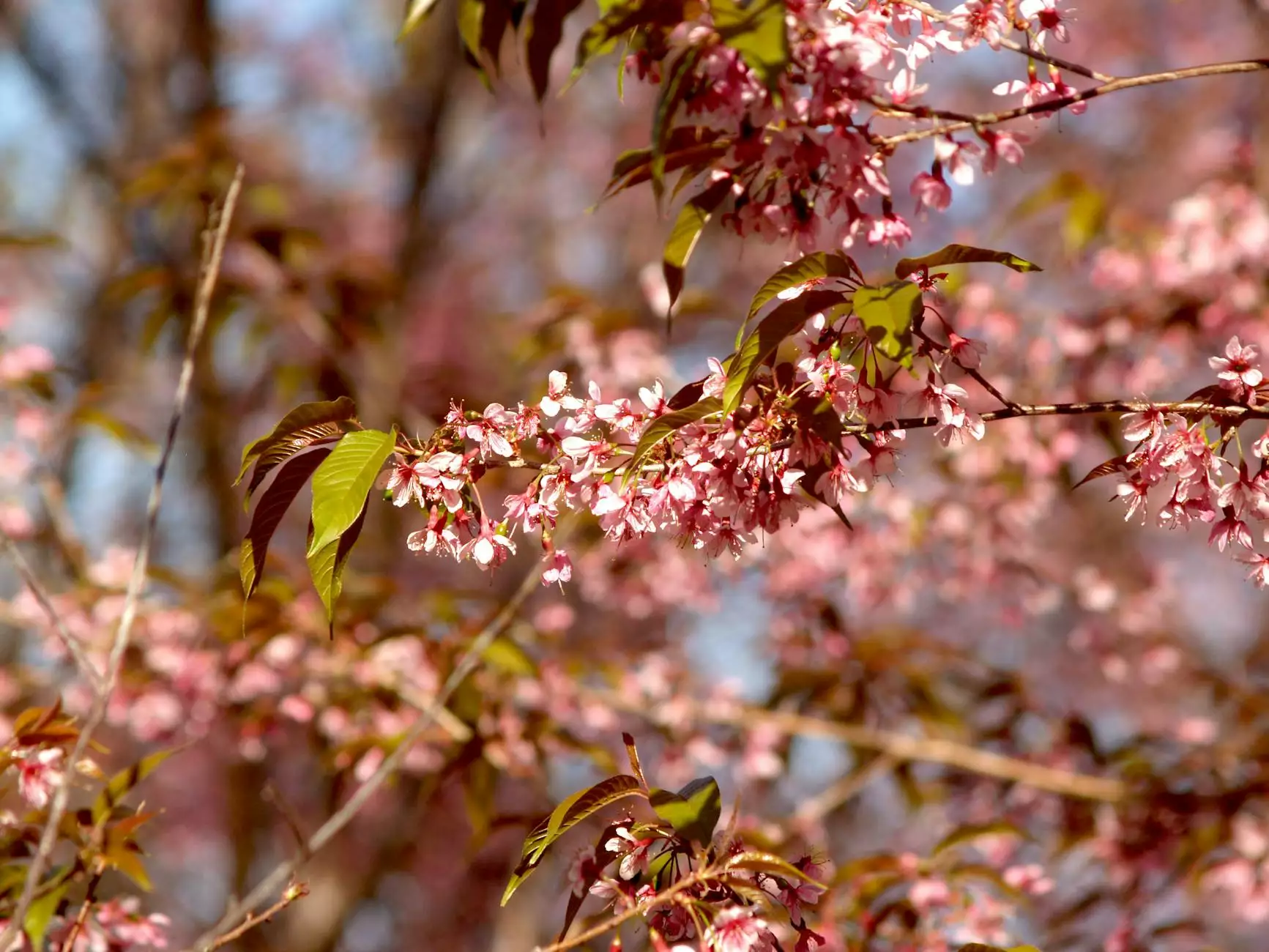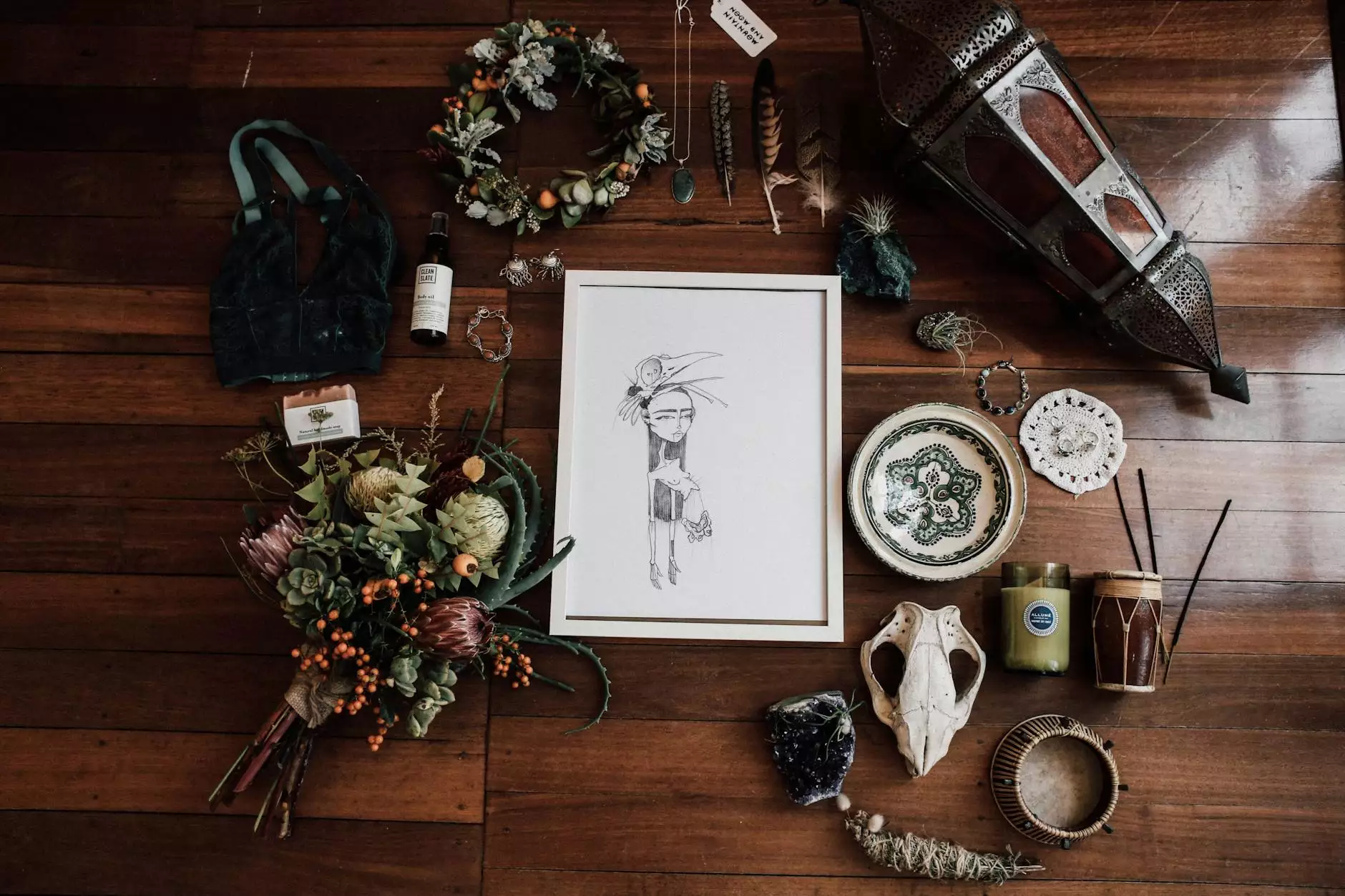Staking Trees in MN, Bachman's Minnesota

Why Staking Trees is Important in Minnesota
When it comes to growing trees in Minnesota, understanding the importance of proper staking is crucial for their long-term health and growth. The challenging weather conditions, including strong winds and heavy snowfall, make staking an essential practice to ensure the stability and development of young trees.
Proper Staking Techniques for Tree Support
At La Venezia Art & Fashion, we recognize the significance of staking trees correctly. Here, we provide you with expert advice on the proper techniques to stake trees, as recommended by Bachman's Minnesota, a leading authority on tree care in the region.
1. Choosing the Right Materials
Start by selecting high-quality materials that will provide effective support. It is advisable to use flexible and non-abrasive materials, such as tree stakes made of durable wood or composite materials. Additionally, consider using soft tree ties or rubber straps to secure the tree to the stake, ensuring minimal damage to the bark.
2. Determining the Staking Placement
Identifying the correct placement for staking is crucial to avoid any potential harm to the tree. Most trees require staking only for a limited period until they establish stable root systems. The stakes should be positioned a few inches away from the trunk, allowing the tree to move naturally with the wind, and avoiding girdling or damage.
3. Properly Installing the Stakes
To install the stakes, start by driving them securely into the ground on opposite sides of the tree. Position the stakes at an angle, leaning away from the direction of the prevailing winds. Ensure that the stakes are firmly anchored but not overly tight to allow some flexibility. Use tree ties or straps to attach the tree trunk to the stakes, forming a secure but not restrictive connection.
4. Monitoring and Adjusting
After staking, it is essential to monitor the tree's growth and adjust the stakes and ties accordingly. Regularly check the connections to identify any signs of rubbing or constriction that may damage the bark, and make the necessary adjustments. As the tree grows and develops, gradually loosen the ties to allow for natural movement while maintaining stability.
The Benefits of Properly Staking Trees
By employing proper staking techniques, you provide vital support to young trees, enabling them to grow strong and healthy. Here are some key benefits of staking trees effectively:
Promotes Straight Growth
Staking helps guide the tree's growth vertically, preventing it from leaning or bending in unfavorable directions. By maintaining an upright position, the tree can develop a balanced and aesthetically pleasing form.
Enhances Root Development
Proper staking reduces excessive movement caused by wind or other external forces, allowing the young tree's root system to establish more effectively. Strong roots help provide better stability and access to essential nutrients for optimal growth.
Protects Against Wind Damage
In Minnesota, strong winds are a common occurrence, especially during stormy seasons. By staking trees, you provide crucial support that helps minimize the risk of wind damage, including uprooting or breaking of branches.
Prevents Transplant Shock
Transplant shock is a common issue when moving trees from nurseries to their permanent locations. Proper staking can reduce the stress on the root system during this critical period, enhancing their chances of survival and successful establishment.
Minimizes Structural Defects
When a tree develops without adequate support, it may face structural defects, such as weak forks or uneven growth. By staking the tree properly, you can prevent these defects, ensuring a healthier and more structurally sound tree in the long run.
Conclusion
In conclusion, staking trees in Minnesota is a critical practice that promotes their stability, growth, and overall health. By employing the proper staking techniques recommended by Bachman's Minnesota, you can foster strong and resilient trees that can withstand the challenging weather conditions prevalent in the region. Remember to choose the right materials, place the stakes correctly, install them securely, and regularly monitor and adjust the staking as the tree grows. By prioritizing proper staking, you are enabling your trees to flourish and thrive for years to come.










